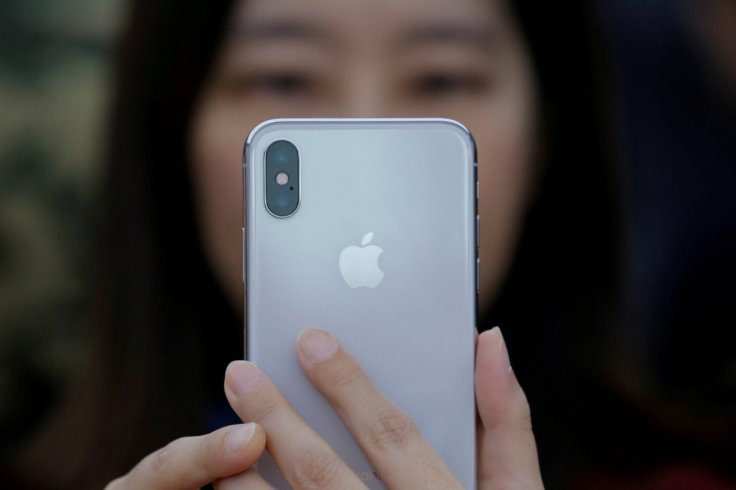
In April, Apple and Google joined forces in the fight against the coronavirus and started working on a contact-tracing system that would help limit the spread of the disease by alerting its users whenever they come into contact with someone who has been infected or diagnosed with COVID-19.
But it did raise a lot of questions related to user privacy and security, particularly because many technology experts and app developers suggest it may use the GPS feature in the users' smartphones to track and monitor their movements.
Apple and Google have now said that they will ban the use of location data in all smartphone apps that utilize the contact-tracing technology developed jointly by them.
Apple and Google say no location data will be collected
According to a Reuters report, both Google and Apple said they plan to allow only public health authorities to use their contact-tracing technology.
The companies want to make sure that governments do not use the coronavirus contact-tracing system to compile data on their citizens and misuse the system for other purposes not related to the coronavirus effort, such as for political gains.
Apple-Google contact tracing works based on Bluetooth
While the data collected by the apps that use Apple and Google's contact-tracing system will be shared with public health authorities, the two companies have reportedly set a limit on access to location data. The apps that work on the new system will exclusively use Bluetooth to record user interactions.
Apple and Google's system works on Bluetooth signals and Bluetooth handshakes between devices and doesn't use or store GPS location data.
However, some developers of official coronavirus apps in several US states suggest that it was vital that the apps be allowed to use GPS location data, otherwise it will be difficult to identify disease hotspots and the movement of the outbreak.
The consequences
Apple and Google are the biggest smartphone software companies in the world with their respective smartphone operating systems iOS and Android powering almost 99 percent of the world's smartphones. Their decision to not allow the collection of GPS location data with their contact-tracing system could make public health authorities to rely on other systems for development of coronavirus-tracking apps in case they want to base it on GPS location and not Bluetooth-based data.
Apple and Google reportedly describe the other contact-tracing systems as "unstable, battery-draining workarounds," which raise another concern. Apps that use alternative systems are likely to miss some encounters with those which run the Apple-Google tech, because iPhones and Android smartphones tend to turn off their Bluetooth after some time for battery saving purposes, and it will be off unless the user remembers to re-activate the connection.
Apps running favorably without Apple-Google tech
Some US companies such as Twenty, which developed Utah's "Healthy Together" contact-tracing app which utilises both GPS and Bluetooth, suggest that their apps are operating effectively without the help of the new Apple-Google tech.
Also, Canada's Alberta province, which does not allow collection of GPS data, said that it had "no plans" to adopt the Apple-Google system for its app "ABTraceTogether."
Concerns over privacy and viability
As various contact-tracing apps near completion and are waiting to enter circulation, the debate over their effectiveness and legality and privacy issues has been hotting up.
Security experts warn that any cache of location data related to health issues could make businesses and individuals susceptible to being shunned if the data is exposed.
There are also concerns after it was found that the Apple-Google contact tracing service will be unavailable on over two billion smartphones which do not have the required facilities to run the apps.
Apple and Google also announced on Monday, May 4 that they will allow only one app per country to use their contact-tracing system, in order to avoid fragmentation and offer wider adoption by the public.









